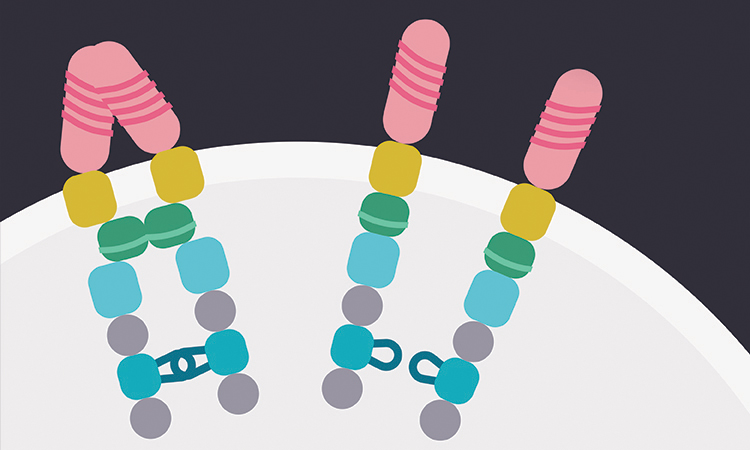
Until recently, limited options were available in acute myeloid leukemia (AML). The approval of 8 new agents or formulations in the last 2 years has caused a paradigm shift in AML management, centered on incorporation of targeted agents interrupting key dysregulated enzymes. This interactive infographic focuses on the FLT3 mutation, its clinical implications, testing strategies, and the safety/efficacy of new and emerging FLT3 inhibitors.
Upon completion of this activity, participants should be better able to:

Professor, Medicine
Harvard Medical School
Associate Physician, Medicine
Brigham and Women’s Hospital
Clinical Director, Adult Leukemia Program
Dana-Farber Cancer Institute
Boston, MA
Featured RMEI CE Activities – Earn CE Credit(s)
Stay up to date with the latest RMEI CE Activities and receive Exclusive Medical Education Resources